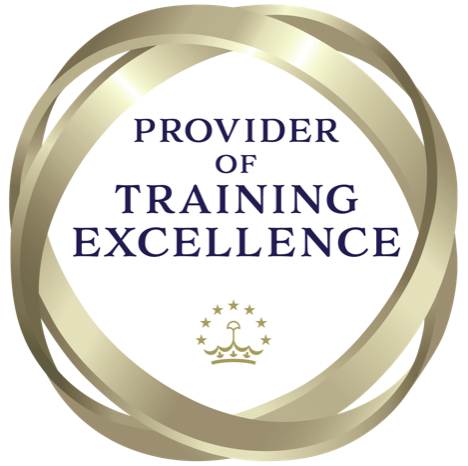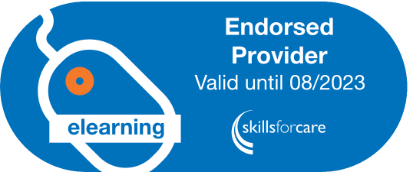01206 805359
Mon - Fri, 9am - 5pm



We have been recognised as an endorsed provider from Skills for Care, earning the prestigious distinction as a Centre of Excellence within training and health & social care.
Dementia Awareness has received a lot of press recently, as understanding Dementia and understanding patients needs are very important. This course is available as a video online, blended or class-based course nationally delivered usually over a half-day or can be a full day depending on your needs.
The aims of the course are to have a wider understanding about Dementia, signs and symptoms, causes and treatment, and how to communicate to dementia patients and engage them in activities and develop strategies for intervening with challenging behaviours and communication difficulties.
This qualification and most of the other ProTrainings qualifications are Endorsed by TQUK to show our commitment to extra levels of compliance and quality assurance.
Companies, organisations or agencies are encouraged to contact us for group discounts and information about onsite training and how our system can be used to track and monitor your staff training.
This course comes with 3.0 hrs (4.0 class) of CPD, although the time to complete the course online may be less than this. Total course time includes 1 hour and 46 minutes of video training as well as knowledge reviews, final test, remedial help and reviewing downloaded material.
The content of this and all our courses has been independently certified as conforming to universally accepted Continuous Professional Development (CPD) guidelines and come with a Certified CPD Statement as well as a ProTrainings Certificate and for online courses an Evidence Based Learning statement.
For details of the contents of the online course please visit our Dementia Awareness course site.
Aim: - Assisting and Caring for People with Dementia
Outcomes: By the end of the session learners will be able to:
1. Recognise what is Dementia?
2. Role and responsibilities in supporting an individual with Dementia
3. Discuss Dementia
4. Understand Legislation and regulations
Learning outcome 1. Recognise what is Dementia?
LO1.1 Understand the classifications of Dementia
LO1.2 Recognise signs, symptoms and condition of Alzheimer’s disease
LO1.3 Recognise signs, symptoms and condition of Vascular dementia
LO1.4 Recognise signs, symptoms and condition of Dementia with Lewy Bodies
LO1.5 Recognise signs, symptoms and condition of Fronto-Temporal Dementia (FLD)
LO1.6 Understand some of the risk factors affecting the chance of developing dementia
Learning outcome 2. Role and responsibilities in supporting an individual with Dementia
LO2.1 Understand the implications of living with Dementia
LO2.2 Recognise the skills required in caring for someone with Dementia
LO2.3 Recognise approaches and ways of working that can help
LO2.4 Understand the importance of diet and meals
LO2.5 Understand why monitoring hearing and sight help individuals with different types of dementia.
LO2.6 Understand the importance of a healthy Body
LO2.7 Understand the support of doctors and types of medication used with dementia.
LO2.8 Understand the importance of keeping warm and maintaining their home.
Learning Outcome 3. Discuss Dementia
LO3.1 Supporting the adaptation of the Environment
LO3.2 Understand ways and approaches with Communication with Dementia
LO3.3 Provide support for Dementia and Infection Control
LO3.4 Support individuals with Dementia through the seasons
LO3.5 Understand how to support individuals while maintaining dignity and respect
LO3.6 Understand the importance of Memory Boxes.
Learning outcome 4. Understand Legislation and regulations
LO4.1 Understand the safeguarding vulnerable groups act 2006
LO4.2 Understands the Human Rights Act 1998
LO4.3 Understand discrimination and abuse
“Very good thanks you”
“I found it very informative and clear. Easy to understand and follow.”